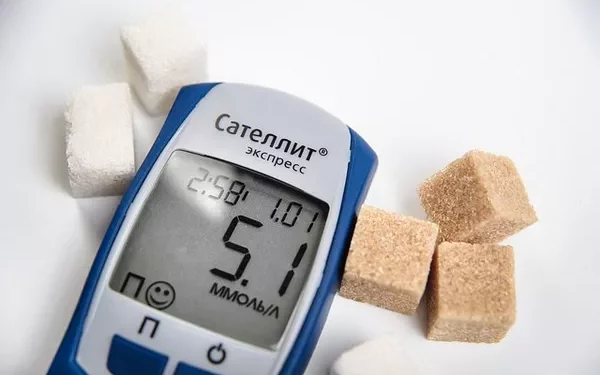Fear of hypoglycemia—low blood sugar levels—is a significant concern for many individuals with diabetes, impacting not only those affected by the condition but also their caregivers. Dr. Linda Gonder-Frederick, a leading expert in psychiatry and neurobehavioral sciences at the University of Virginia School of Medicine, sheds light on how this fear shapes diabetes management and offers insights into effective ways to support those struggling with it.
Understanding Hypoglycemia Fear
Hypoglycemia occurs when blood glucose levels drop below 70 milligrams per deciliter (mg/dL), typically triggering the need for quick action such as consuming fast-acting carbohydrates like fruit juice. However, when blood glucose plunges below 54 mg/dL, it can lead to severe symptoms, including confusion and heightened risk of cardiovascular issues. Some individuals even experience hypoglycemia unawareness, where they no longer perceive the warning signs of low blood sugar.
While mild episodes are often manageable, hypoglycemia can become life-threatening if left untreated, especially for individuals who are unable to self-treat during episodes. The fear of experiencing such episodes, particularly following a severe incident, can be debilitating not only for those with diabetes but also for their families and caregivers.
The Commonality and Impact of Fear
Dr. Gonder-Frederick notes that a certain level of concern about hypoglycemia is natural and even necessary. This “adaptive fear” ensures that individuals with diabetes are mindful of the potential risks and understand how to manage their blood sugar levels. However, when this fear escalates into extreme anxiety, it can undermine both physical health and quality of life.
Caregivers, particularly parents of children with diabetes, often experience a heightened sense of fear. For example, nocturnal hypoglycemia (low blood sugar during sleep) is a common concern, prompting parents to frequently check their child’s blood glucose levels throughout the night. Diabetes technology, such as continuous glucose monitors (CGMs), has proven invaluable in providing real-time alerts to help mitigate these fears.
Recognizing the Signs of Fear
In clinical settings, healthcare providers should be alert to behaviors indicative of hypoglycemia-related anxiety. Patients who avoid lowering their blood glucose levels to avoid hypoglycemia may be trying to maintain higher-than-optimal blood glucose levels, often as a result of past traumatic experiences. Additionally, some individuals may over-treat mild hypoglycemia by consuming excessive amounts of carbohydrates, which can lead to spikes in blood glucose, complicating further management.
Assessment Tools and Support Strategies
When addressing hypoglycemia fear, Dr. Gonder-Frederick emphasizes the importance of open communication. Healthcare professionals should inquire not only whether the patient has experienced hypoglycemia but also explore the impact of those episodes, especially in social or high-stakes situations. Tools like the Hypoglycemia Fear Survey are commonly used to assess the severity of a patient’s fear, with responses informing further intervention.
For patients reporting significant anxiety about hypoglycemia, healthcare providers might recommend cognitive behavioral therapy or other anxiety-reduction techniques. Stress-relief therapies, such as mindfulness or relaxation training, can help lower general anxiety levels, improving both emotional and physical well-being.
The Role of Diabetes Technologies in Management
Technology has emerged as a crucial ally in managing both the physical and psychological aspects of diabetes. CGMs, which track glucose levels continuously and alert users to fluctuations, are particularly beneficial for reducing the frequency of severe hypoglycemic episodes. Research into improving these technologies and combining them with patient education is ongoing, with the goal of helping individuals better recognize early signs of hypoglycemia and act swiftly to prevent severe outcomes.
Ongoing Research
The issue of hypoglycemia unawareness remains a major research focus. Studies are exploring advanced interventions to help those who no longer feel the warning signs of low blood sugar. Early detection and timely treatment are essential in preventing potentially life-threatening episodes, and researchers are hopeful that upcoming studies will lead to new, more effective management tools for those at risk.
In conclusion, while fear of hypoglycemia is a natural response to the risks associated with diabetes, it can be managed effectively with the right tools and support. By addressing both the physical and emotional challenges of hypoglycemia, healthcare providers can help individuals with diabetes live healthier, more balanced lives.
Related topics:
Oral Glucose-Lowering Agents Fall Short of Insulin in Preventing Large-for-Gestational-Age Infants
GLP-1 Drugs Show Promising Weight Loss Results for Non-Diabetics, Review Reveals
GLP-1 Diabetes Drugs Linked to Fewer Post-Surgery Complications


























